This lockdown has been tough for domestic helps. They were out of work and most didn’t even get their salaries
The nationwide lockdown has deeply impacted the lives of millions of women who were supporting themselves and their families by working as domestic helps. However, since March, most of the housing societies and families have not let them inside their homes as a precautionary measure
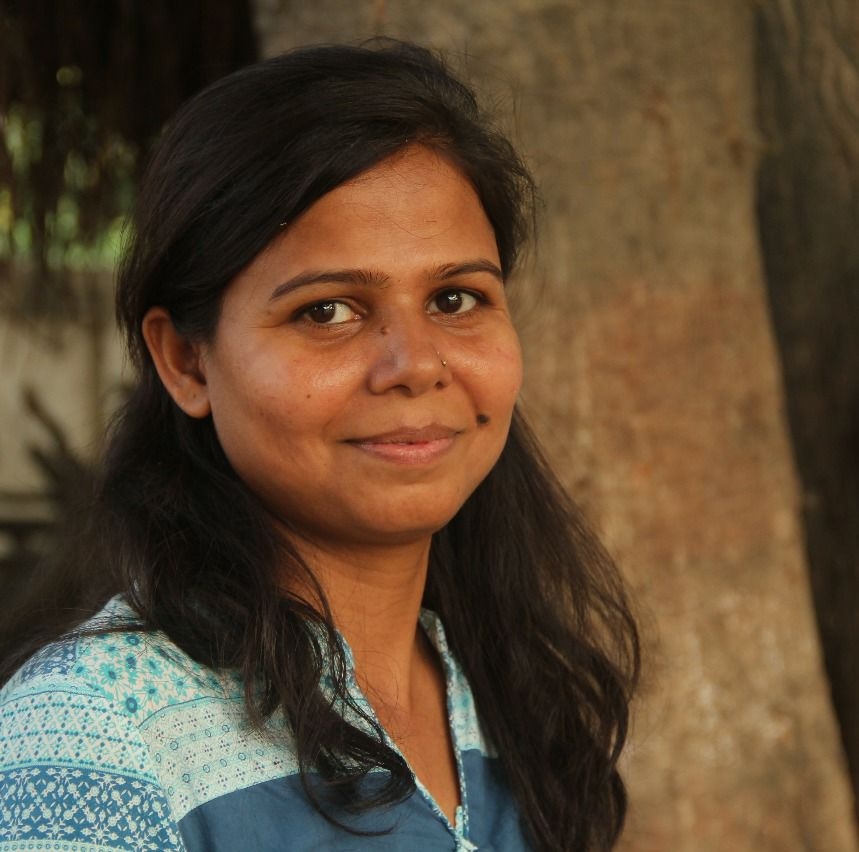
The nationwide lockdown has deeply impacted the lives of millions of women who were supporting themselves and their families by working as domestic helps. However, since March, these women are out of work as most of the housing societies and families have not let them inside their homes as a precautionary measure. What’s worse is that some of these domestic helps have not received salaries since March.
Thirty-five-year old Malti (name changed), who had covered her face with a cloth, said: “What is my fault that I am not being called for work? They haven’t even paid me since March. I call up every day, but they ask me to come after the lockdown ends.”
A resident of Lucknow in Uttar Pradesh, Malti said: “The owners say how can they pay me when I have not worked. I understand, but it was their decision not to call me to work because we live in a congested colony. We were ready to go and work. Who knew that this lockdown would extend for so long?”
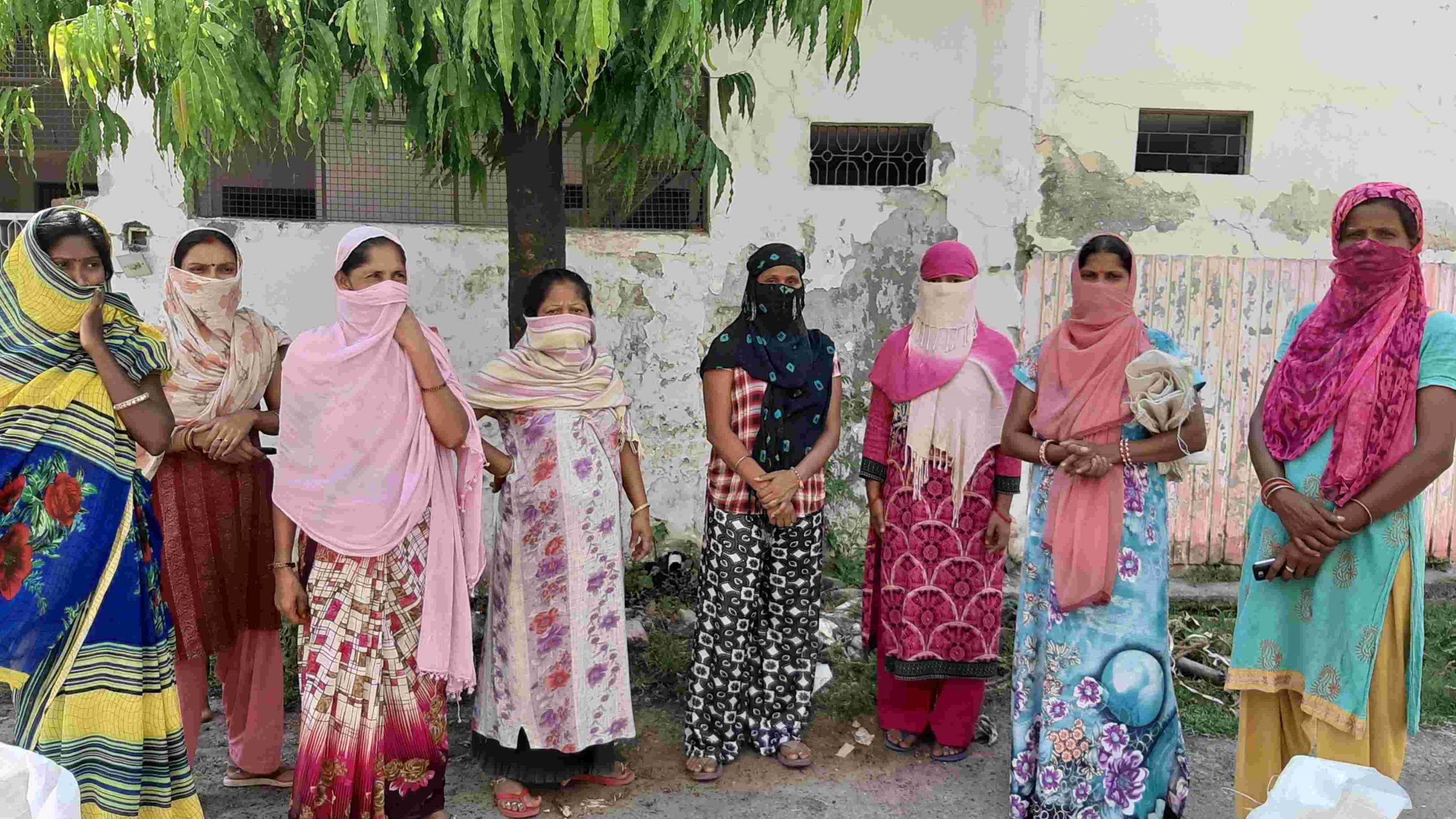
Most of the women living in the colony where Malti lives work as domestic helps. They mostly live in rented houses. They have migrated from small towns and have come to Lucknow to make a living. It is becoming difficult for them to support their family and pay rents at such a time.
As per the 68th phase of the National Sample Survey Organisation (NSSO) 2011-12, about 39 lakh domestic workers are working in private households in the country, which includes 26 lakh women. According to the International Labour Organisation, about 47 lakh people across the country work as domestic help, out of which about 30 lakh are women.
“Many families have not paid their domestic helps since March,” said Madhu Garg, state vice-president of the Akhil Bhartiya Jan Vadi Mahila Samiti, an NGO working for domestic workers. She added: “Very few people have paid salaries for April. It’s not fair on these house helps. There are no laws for domestic workers. There are no holidays or fixed salaries or the status of worker accorded to them.”
Madhu, who works for the rights of domestic workers, added: “Women working in apartments face greater difficulty as they cannot approach their employers directly. They have to request the gatekeeper to dial the number and talk to the resident who orders the gatekeeper to shoo them away. This is grossly inhumane. If the moneyed people give Rs 2,000-4,000 a month, it means nothing to them, but it will be extremely helpful for these workers.”
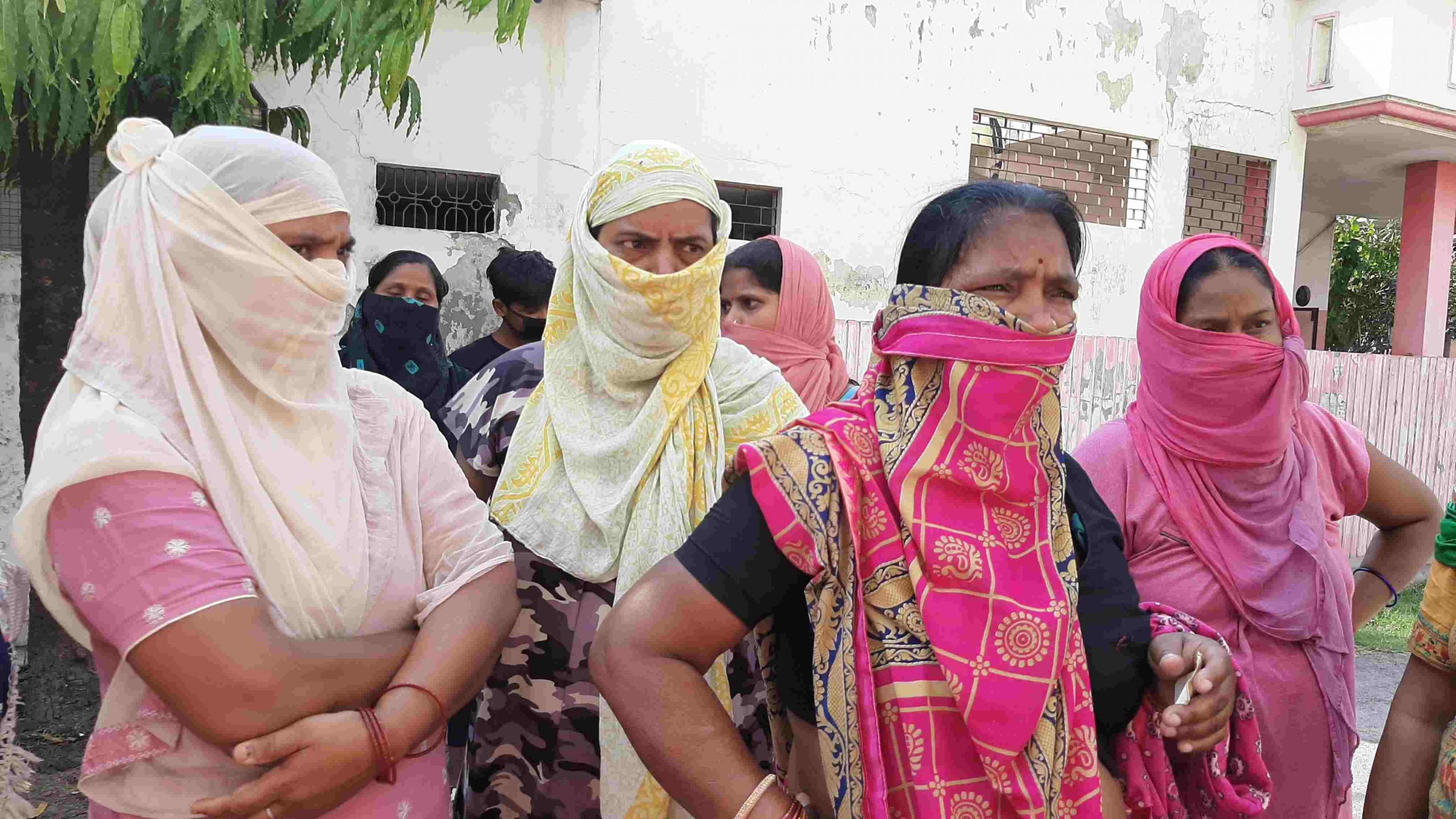
Since the lockdown was announced, the government has been saying that nobody’s salary should be deducted. But, in reality, this has not been implemented. The condition of these domestic workers is precarious because there are no rules towards their welfare, due to which they are deprived of the benefits of all the existing government schemes.
Due to the lockdown, the situation of domestic workers is deplorable not just in Uttar Pradesh. Most of the women from Jharkhand, Bihar and West Bengal arrive in big cities like Delhi, Mumbai, Ahmedabad and Surat in search of livelihood. The condition of these migrant domestic workers has turned quite pathetic during the corona crisis. On the one hand, these women are not paid by their employers and, on the other hand, they are not able to get any benefit of the government schemes because they are migrants.
“I have been working as domestic help for many years in Delhi,” said Sunita, 28, who came to Delhi from Simdega district of Jharkhand. She added: “It is for the first time that I have been turned away by my employer like this. How can I go back to my village empty-handed? What will I do there? We just want these lockdowns to end quickly so that we are called back to work. If one more month goes like this, we may have to face starvation.”
Like Sunita, hundreds of women migrating from Gumla, Khunti and Simdega districts of Jharkhand are living in dire straits during the lockdown. It has now become a challenge for them to find food every day. Some women want to go back but most women are waiting in hope for the lockdown to end quickly so they can resume work.
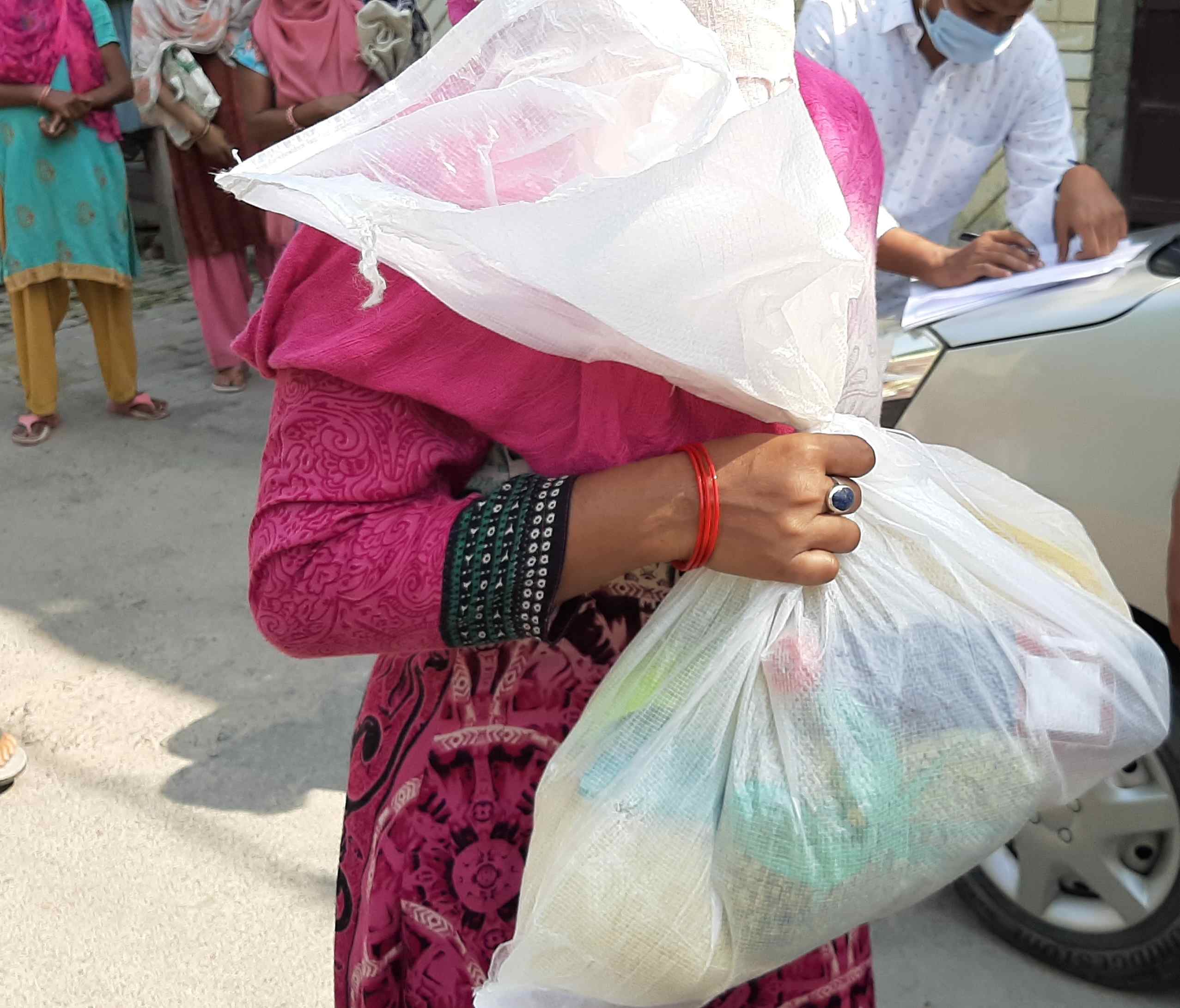
In big cities like Delhi, there are five to seven per cent of women who have been able to return to work. Most of the women are not being called to work because they live in slums where they cannot take adequate care of hygiene and cleanliness. In such situations, the issue is of their bread and butter.
Malti has been working as domestic help for 15 years. But, it’s for the first time she is facing a situation like this. Her husband is a daily wager and is also sitting at home due to the closure of work. They have three kids, and the younger daughter is very ill.
Malti said: “I have borrowed money to show her to a doctor. She was hospitalised for a couple of days. However, we didn’t have money to keep her there any longer and so we brought her home. Also, we don’t have ration. Every day, we wait for some people to come and distribute ration, so that we may eat for a few days.”
Many organisations, like Badlav, that works for rehabilitation of beggars in Lucknow, have been distributing rations in many such colonies. Mahendra Pratap, secretary at Badlav, said: “We had received information that families living here didn’t have ration. Today, we met a woman who did not have any ration. She could cook only after we helped her out. The government should take concrete steps for them so that they do not have a livelihood crisis.”
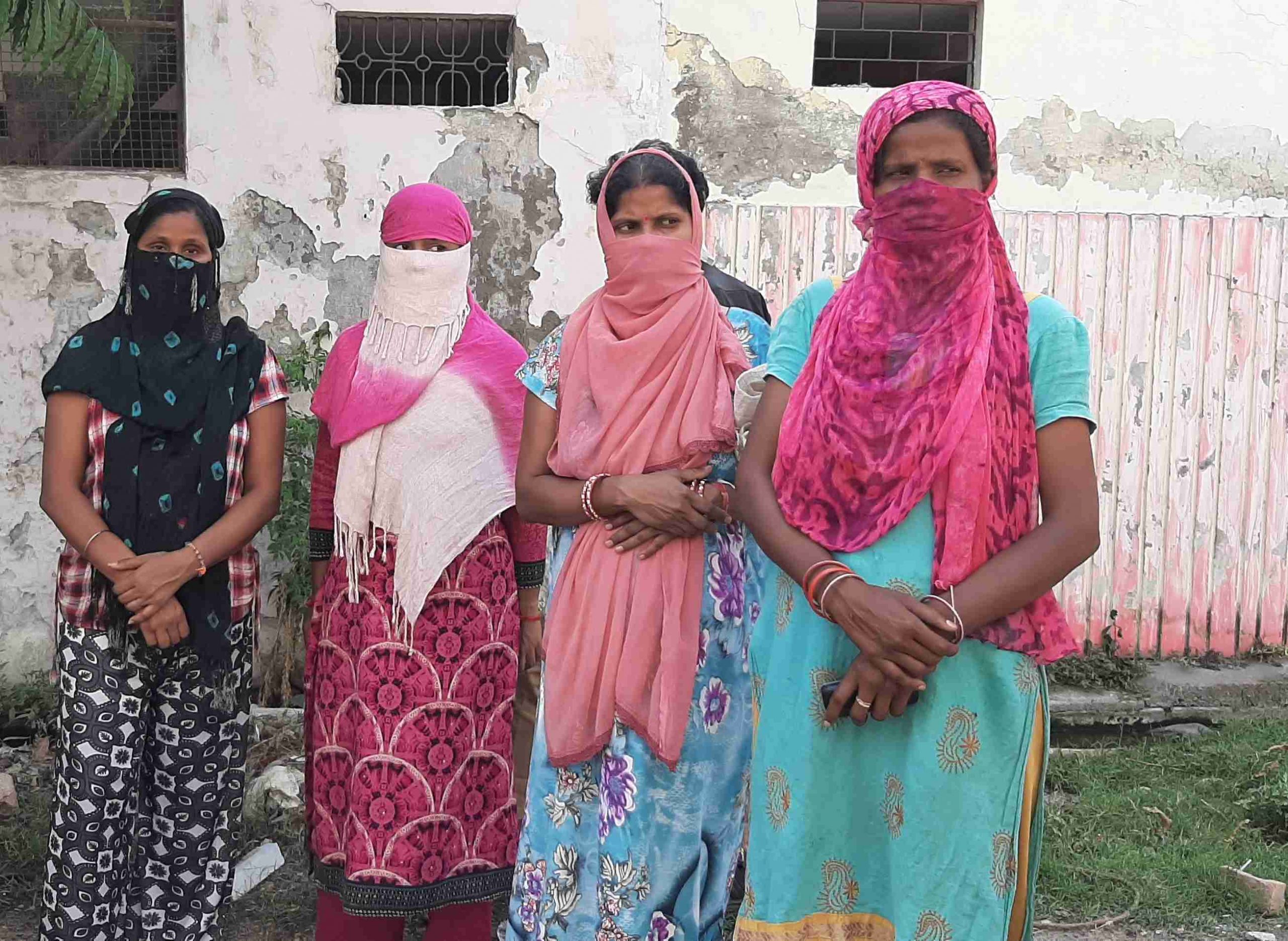
The woman whom Mahendra was talking about was Kalawati, 56, whose husband had died several years ago; her two daughters have been married. Alone, she had been working in a house for many years and looking after herself.
She said: “Now, I do not drink tea every day. I cook only once a day and eat twice. Today, there was no flour to cook at home. Had they not come to give ration, I could not have cooked anything. My employers have moved to their villages. Till they come back, I have to manage like this.”
Sandeep Khare, secretary, Science Foundation, an institution working with domestic workers in Lucknow, informed: “So much has been made up in the name of social distancing and cleanliness during COVID-19 that it has created public hysteria. It is an important reason why domestic workers are not allowed to work. During such a difficult period of corona infection, their owners should pay money, but it has not happened. On the basis of our interaction with them, there are 15-20 per cent of the people whose owners have helped them and for the rest, the situation is very pathetic.”
He added: “Had voluntary institutions not come forward to help at this time, their situation would have been worse. I would like to say that in this difficult time, at least, help the women working in your homes, do not cut their salaries. As much as possible, give them ration so that they do not find it difficult to deal with this hour of crisis.”

